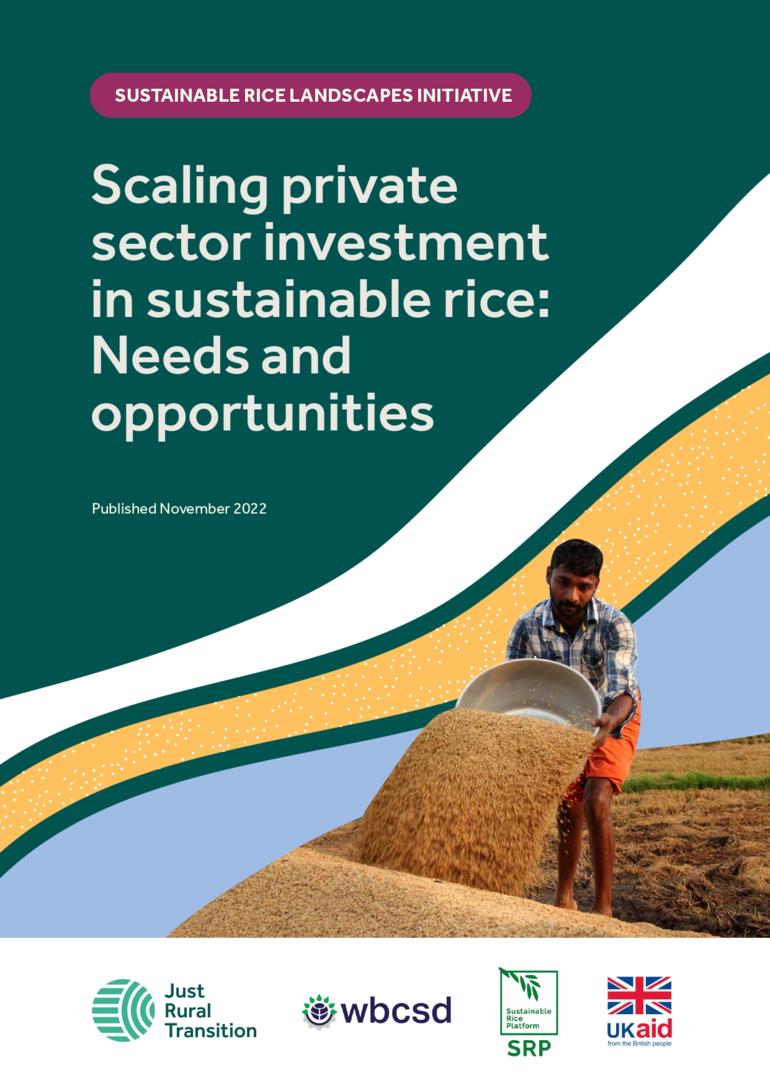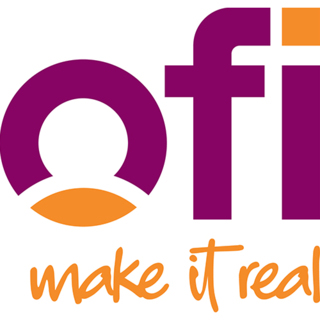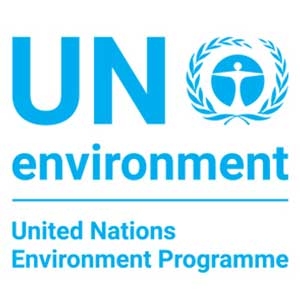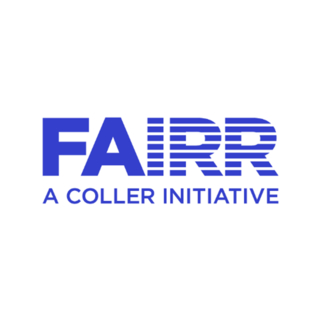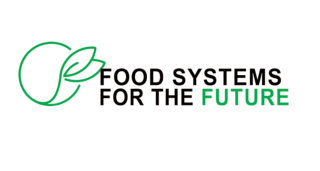Good Food Finance Network (GFFN)
Food systems transformation is one of our most significant challenges, and addressing it requires new partnerships and alignment across many stakeholders. The Good Food Finance Network (GFFN) is a network of leaders, technical experts and agripreneurs from finance, business and the public sector to bring food systems to the heart of the finance agenda. WBCSD is a founding partner of GFFN and works towards the promotion of investment and provision of finance solutions for sustainable food systems by addressing the barriers between food and finance and practice.
The challenge
Sustainability has become mainstream in finance, with over 500 financial institutions committed to achieving net-zero greenhouse gas emissions by 2050. The food and land use sector is responsible for around a quarter of global greenhouse gas emissions and is critical for biodiversity, livelihoods and food security. Yet, it poses particular challenges for financial institutions, often seen as having high risks, low returns, long time horizons and fragmented finance needs. These sustainability risks have significant financial and material implications for business and investors. The food system transition needs to be just, inclusive and connected to a broader shift to resilience-building finance.
The business case
Addressing the barriers which prevent a more effective and sustainable finance and investment allocation in the food sector will help private sector companies and financial institutions meet their sustainability commitments and future-proof their practices. Developing innovative co-financing solutions and partnerships will accelerate change, mitigate risks and unlock new opportunities.
The solution
By engaging member companies within GFFN, WBCSD aims to enable the private sector to explore and implement innovative approaches to incentivizing food and agricultural value chain investments. The network is developing High Ambition Targets and working with Catalyst Groups on concrete solutions and tools to overcome the barriers companies face in adopting more sustainable practices. Addressing unhealthy incentives, avoiding destructive investments, and mobilizing finance will open a healthy future for people, nature and the climate.




